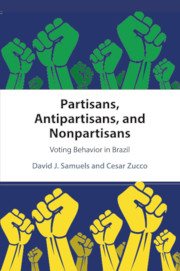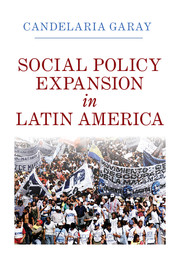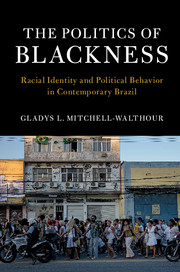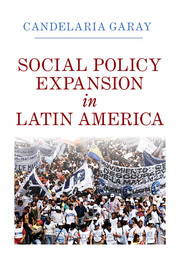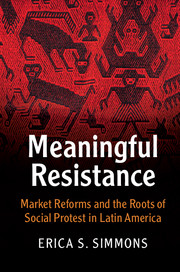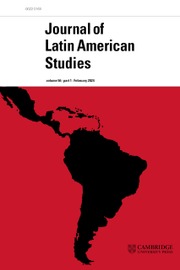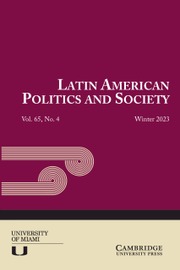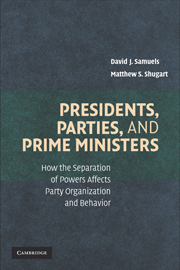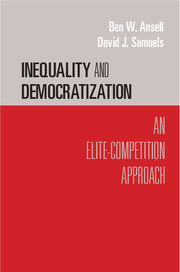Partisans, Antipartisans, and Nonpartisans
Conventional wisdom suggests that partisanship has little impact on voter behavior in Brazil; what matters most is pork-barreling, incumbent performance, and candidates' charisma. This book shows that soon after redemocratization in the 1980s, over half of Brazilian voters expressed either a strong affinity or antipathy for or against a particular political party. In particular, that the contours of positive and negative partisanship in Brazil have mainly been shaped by how people feel about one party - the Workers' Party (PT). Voter behavior in Brazil has largely been structured around sentiment for or against this one party, and not any of Brazil's many others. The authors show how the PT managed to successfully cultivate widespread partisanship in a difficult environment, and also explain the emergence of anti-PT attitudes. They then reveal how positive and negative partisanship shape voters' attitudes about politics and policy, and how they shape their choices in the ballot booth.
- Offers a new explanation for origins of mass partisan identification that highlights the importance of civil society, complementing existing arguments that focus on either party elites' efforts or social cleavages
- Demonstrates the importance of negative partisanship, particularly of separating purely negative partisans from non-partisans, clarifying predicting voting behavior, and understanding patterns of party competition
- Explains the recent decline of Brazil's Workers' Party (PT) and how that contributes to the ongoing debate about the importance of economic crisis versus corruption (Brazil's current political malaise)
Reviews & endorsements
‘Samuels' and Zucco's meticulously researched book is a major contribution to the evolving concept of negative partisanship. It is also a marvelous dissection of the recent travails of Brazil's Workers' Party (PT). Few works on Brazilian politics have been so theoretically and comparatively informed, or have rivalled the rigorous methodological standards of this study.' Timothy J. Power, University of Oxford
‘Theoretically informed and empirically rich, Partisans, Antipartisans, and Nonpartisans analyzes the important impact of the PT, anti-PT divide in structuring political attitudes and voting behavior in Brazil for the past three decades. By differentiating negative partisanship from nonpartisanship, Samuels and Zucco advance our understanding of mass political behavior in the country. At this time of marked political turmoil, their analysis sheds light on the possible contours and patterns likely to emerge.' Wendy Hunter, University of Texas, Austin
‘Samuels and Zucco make a forceful case that partisanship matters, even in the unlikeliest of contexts. They skillfully study how partisanship - both positive and negative - emerged in Brazil, and the political consequences it had. They have written not only the book on partisanship in Brazil, but also a must-read for anyone interested in public opinion, voting, or political parties more generally.' Noam Lupu, Vanderbilt University, Tennessee
‘Partisans, Antipartisans, and Nonpartisans: Voting Behavior in Brazil is an excellent contribution by two major scholars. Samuels and Zucco offer a major and innovative theoretical contribution in rethinking how partisanship and anti-partisanship shape party politics in and beyond Brazil.' Scott Mainwaring, Harvard University, Massachusetts
‘A major contribution to our understanding of anti-partisanship and a valuable corrective to much of the received wisdom that dominated our understanding of Brazilian politics in the 1990s and 2000s.' Taylor C. Boas, Boston University
Product details
May 2018Hardback
9781108428880
196 pages
235 × 157 × 16 mm
0.4kg
38 b/w illus. 21 tables
Available
Table of Contents
- 1. Introduction
- 2. Partisanship and antipartisanship in Brazil
- 3. The strength of partisan attitudes in Brazil
- 4. The rise (and decline) of Petismo
- 5. Partisanship, antipartisanship, and voting behavior
- 6. Partisanship and antipartisanship in comparative perspective
- 7. Parties, voters and Brazilian democracy
- References
- Index.

